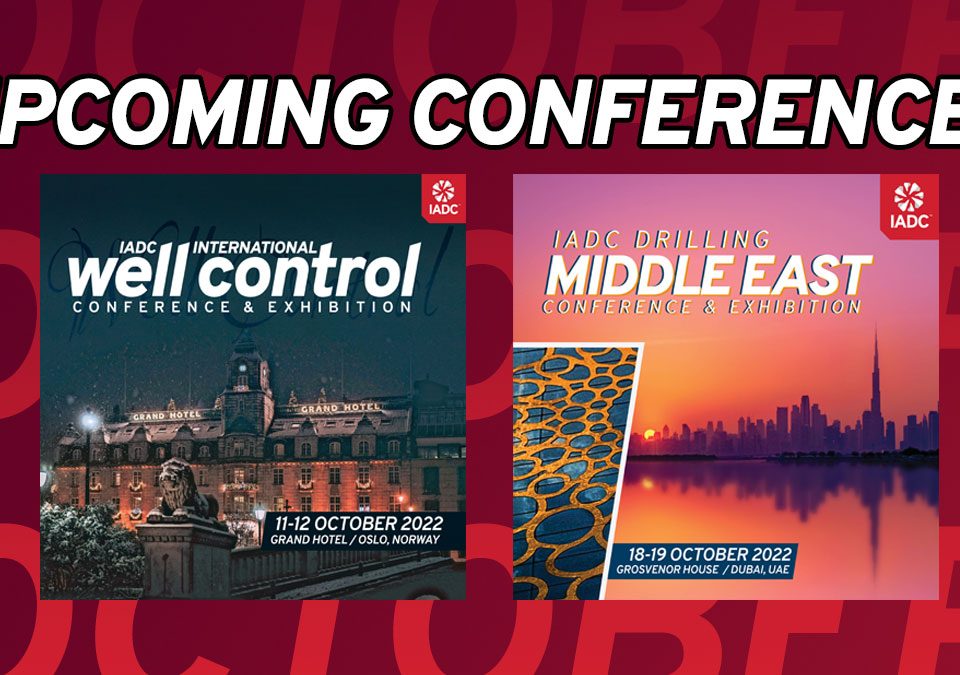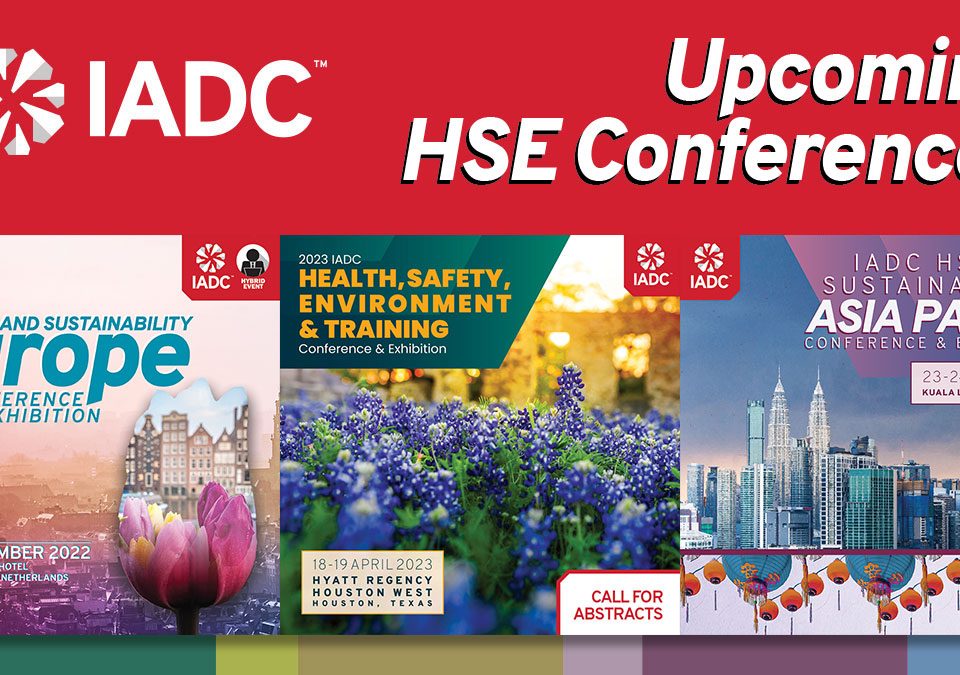It’s Hot Again
It’s Hot Again
With hot weather full upon us, it’s time to start thinking about the protective measures needed to get through the summer months comfortably and without any ill effects from torrid temperatures. Sweating is one of nature’s ways of cooling and protecting the body.
Sweat is a weak solution of sodium chloride (common salt) with urea and small amounts of calcium, iron, potassium, and lactic acid. Loss of these chemicals is not serious, unless perspiration is profuse or strenuous work is performed for long periods in excessive heat. In such circumstances water and electrolytes must be replaced. Some 70 per cent of the body’s weight is composed of water, and the amount of water lost through perspiration, breathing, etc., may vary from 3 to 10 quarts daily.
Dehydration and heat exhaustion may result from excessive fluid loss. Severe muscular cramps in the legs and abdomen are caused by salt deficiency. Electrolytes and water will help prevent this deficiency but not water alone. When the body does not have its normal supply of electrolytes, the blood thickens; the person gets tired and is an easy victim of heat exhaustion. You may drink as much water as you wish as long as proper amounts of electrolytes are taken with it. If you should drink too much water without it, the body may be unable to retain fluids effectively because the chemical relationships in the body will be completely upset, so it is necessary to replace this salt in our bodies. The body’s electrolytes may be replaced by the salt in our food or, when we perspire profusely, by taking electrolyte tablets. Remember each individual is different and persons on a restricted diet should follow their doctor’s orders.
Electrolyte deficiency leads to muscular cramps in the legs and abdomen. Dehydration or heat exhaustion may be the aftermath of excessive fluid loss. To compensate for electrolyte loss through perspiration, electrolyte tablets are now widely used. Persons on salt-restricted diets should follow their doctor’s orders. One of the benefits of taking extra salt is the thirst it creates. It makes you drink more water, and the extra intake of water is just as important as the salt. Fruit juices are good, if not sweetened too much.
External use of water helps. Just washing up or a shower will help relieve fatigue. Air movement promotes perspiration evaporation, resulting in an actual cooling effect as well as psychological benefits.
Other precautions to be followed aside from the use of electrolytes include the following:
- Don’t overeat—especially heavy heat-producing foods. Instead stick to light easily-digested meals.
- Never strenuously exercise before or after a meal.
- Don’t over-indulge in alcoholic drinks.
- Never expose yourself to the heat any more than is necessary.
- Wear a hat when exposed to the hot sun.
- Don’t attempt to work if you have been vomiting excessively or have a severe case of diarrhea.
The upper limit for comfortable temperatures is around 85°F, but heat isn’t the only factor for comfort. Humidity must be considered, too. For example, with a temperature at 85°F and a relative humidity of 30%, a person can function at almost 99% of his normal efficiency; but as the humidity approaches 100%, efficiency drops to about 85%.
Low efficiency, however, isn’t the only thing to worry about. Acute heat diseases, such as heat cramps and heat exhaustion, may strike people down under unfavorable conditions; but even more important are sustained, though less drastic exposures. Initiative and alertness may fall off, making the individual more susceptible to accident and illness.
Exercise good judgment during the “Dog Days” and don’t let a high reading on the thermometer get you down. Don’t overexert; take plenty of liquids. Keep the body salt up; and remember that moving air is always a help. Next winter you’ll be wishing it were summer again.



